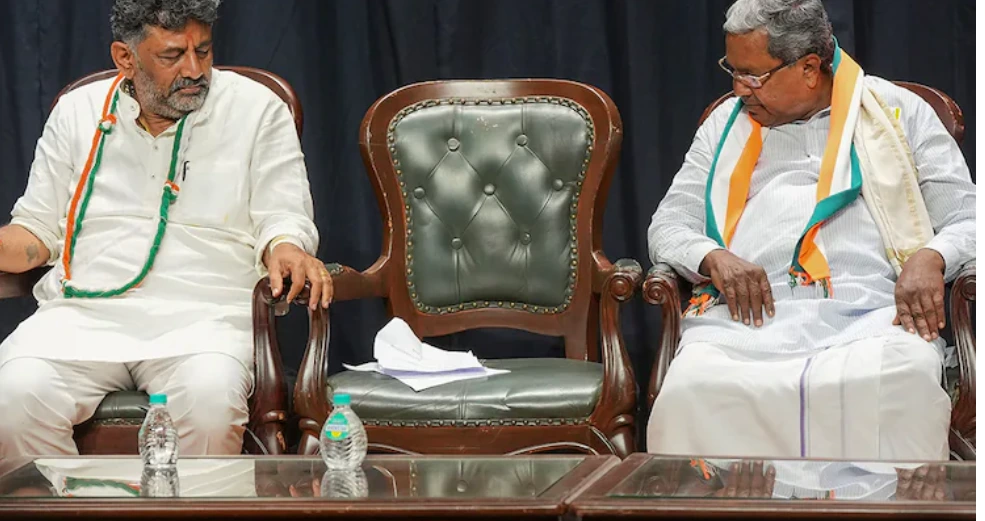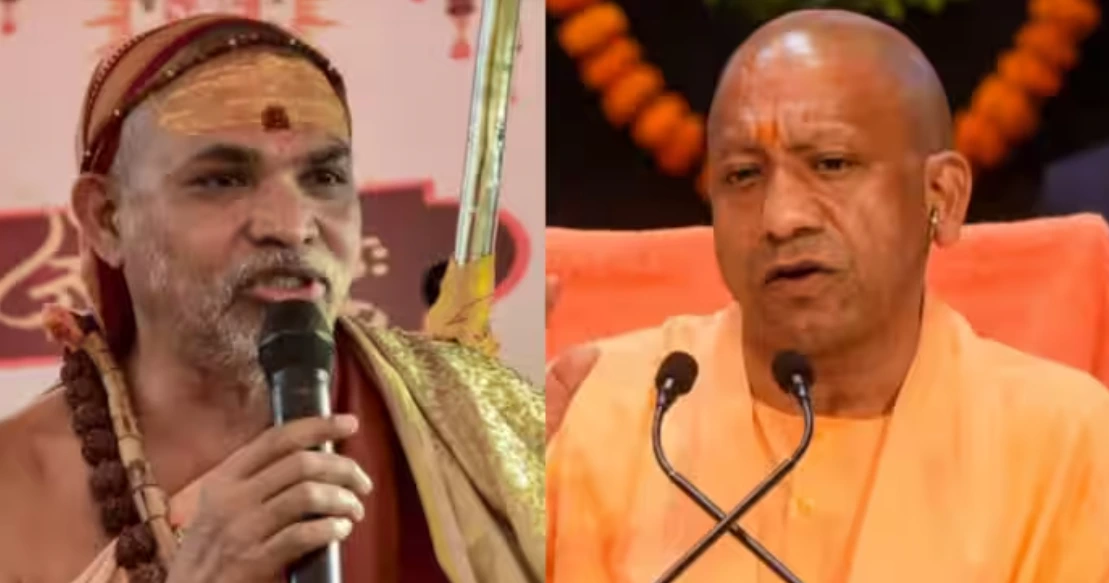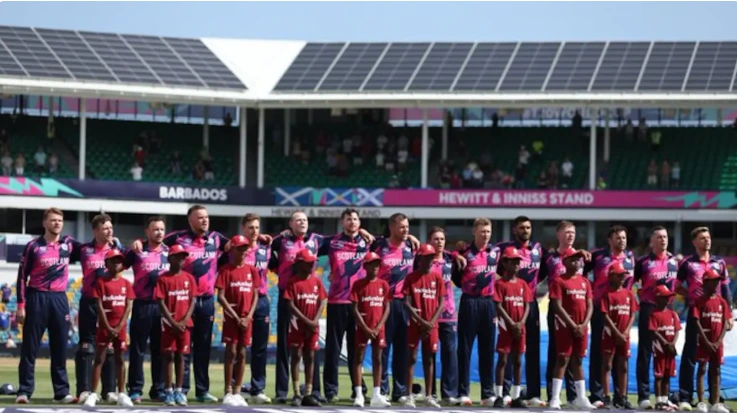Amid the unabating crisis in Manipur, Congress MP A Bimol Akoijam raises pointed questions over the Centre’s inaction, suggesting that such a situation would not have been left unaddressed if it happened in states such as Uttar Pradesh and Bihar.
In an interview with PTI, Akoijam vehemently criticised the Centre’s handling of the situation in Manipur, asking why the government of India was allowing the northeastern state to become like Afghanistan, which he described as a “banana republic”.
“With 60,000 troops stationed in Manipur, the central government should have prevented this crisis from persisting for so long,” Akoijam stated.
“If this were happening in Uttar Pradesh, Bihar, Rajasthan, or Madhya Pradesh, would it have been allowed to linger? Most people would say no,” he added.
Amid the continuing crisis, Akoijam urged the Centre to thrash out the issues in the state government, claiming that BJP MLAs were speaking in two different voices on the issue of separate administration.
“Prime Minister Narendra Modi should have called his MLAs and ministers and said ‘this should not happen in India. Manipur is not a part of any Banana Republic, I will not allow this to happen, talk it out, what is the problem’,” Akoijam said.
Representatives of certain Kuki groups in Manipur made a demand last month for the creation of a Union Territory with a legislature similar to that of Puducherry, stating that it was the only solution to the ongoing strife.
However, Manipur Chief Minister N Biren Singh has emphatically rejected the demand.
Akoijam, who represents the Inner Manipur constituency in the Lok Sabha, emphasised that while he viewed Singh as a “small-time player” in the broader crisis, he could not be completely absolved of responsibility.
He alleged, “The government of India is squarely responsible for the crisis.”
He voiced serious concerns about the deteriorating situation in the state and cited the example of Afghanistan, saying, “where warlords roam around and the central authority cannot assert itself.”
Akoijam also urged the Centre to assert itself “decisively and judiciously.”
When asked if he thought Manipur was heading in the direction of Afghanistan, the Congress MP said, “The government of India has been allowing it. So, the question is – instead of asking whether Manipur is going the Afghanistan way, we should be asking why the government of India is allowing Manipur to be like a banana republic, like in Afghanistan. That should be the right question.”
Akoijam alleged that there had been a deliberate effort to destabilize Manipur, claiming that “someone is scripting this in cahoots with those seeking to split and dismember the state.”
He observed that the violence witnessed in Manipur was unprecedented in post-colonial India, describing it as akin to a civil war characterized by sophisticated arms and military-style operations.
Akoijam, an associate professor at Jawaharlal Nehru University, stated, “India is not a banana republic. Even if the Indian Armed Forces were allowed to act as a peacekeeping force in a foreign country, you would not allow these things to happen.”
Akoijam also dismissed Home Minister Amit Shah’s assertion that the overall situation in Manipur had been calm outside of three days of recent violence.
“The government’s statements create confusion rather than clarity,” he said.
Regarding the possibility of restoring peace and facilitating movement between communities in Manipur, Akoijam expressed skepticism, noting that the situation was far more complex than other historical conflicts in the country.
When asked if he could provide a timeline for normalizing the situation in Manipur, the MP said it was “embarrassing for me” as an Indian to ask when communities affected by communal violence would be able to return to their homes.
He stated, “The situation of Kashmiri Pandits is often discussed but at least some Pandits remain; in this case, there is a complete absence of certain communities.”
Akoijam pointed out that while there were security concerns, there was a need to acknowledge that certain armed groups had committed violence, and civilians had been armed as well.
He added, “This has never happened before and blaming one community or another only complicates matters further.”
As the situation in strife-torn Manipur continues to be tense, there have been increasingly louder calls for a robust response from the central government, with stakeholders expressing deep concerns over the future of peace and stability in the region.
Ethnic violence in Manipur erupted on May 3, 2022, following a tribal solidarity march in the hill districts to protest against the majority Meitei community’s push for Scheduled Tribe status. Since then, the violence has claimed the lives of more than 220 individuals, including members of both the Kuki and Meitei communities, as well as security personnel.
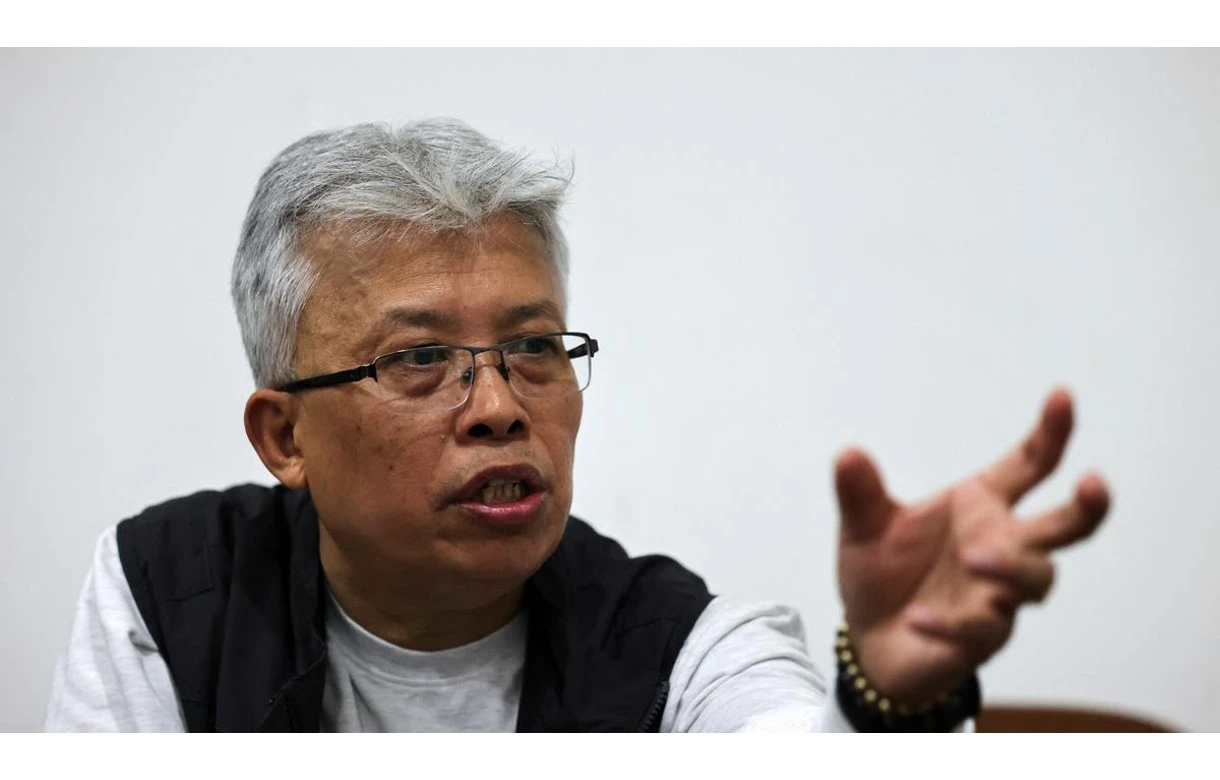

 Latest world news18 hours ago
Latest world news18 hours ago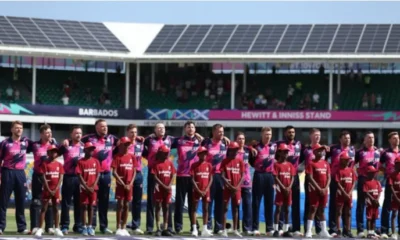
 Cricket news17 hours ago
Cricket news17 hours ago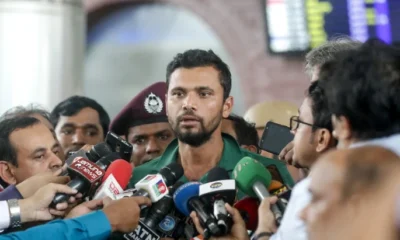
 Cricket news18 hours ago
Cricket news18 hours ago
 India News17 hours ago
India News17 hours ago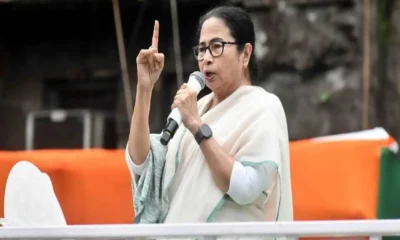
 India News18 hours ago
India News18 hours ago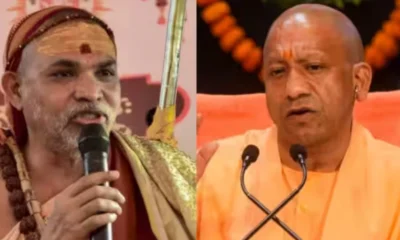
 India News8 hours ago
India News8 hours ago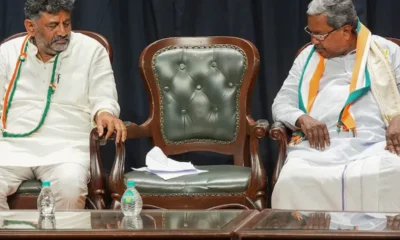
 India News8 hours ago
India News8 hours ago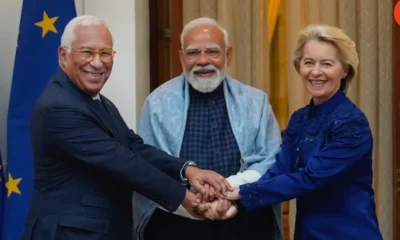
 Latest world news6 hours ago
Latest world news6 hours ago
